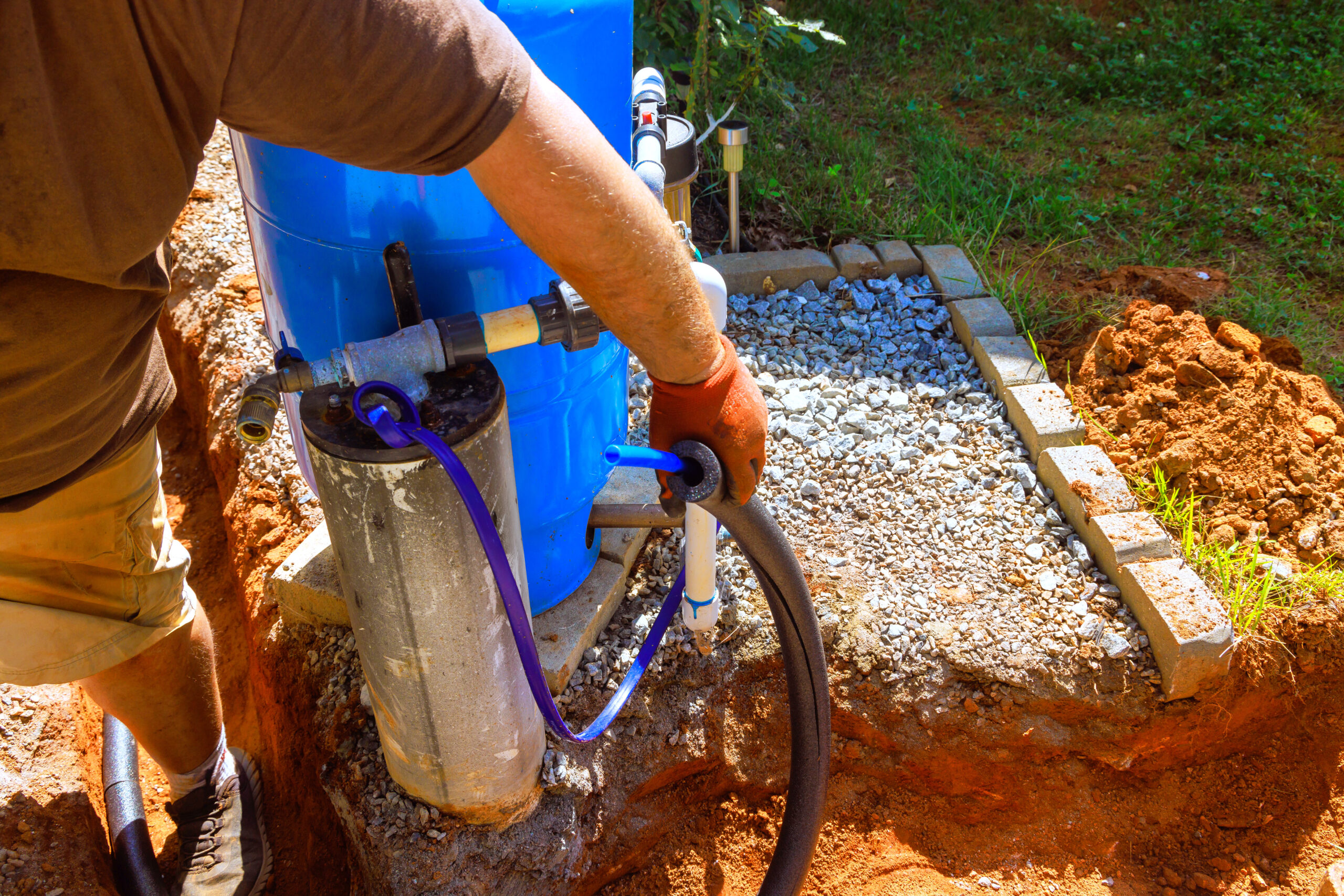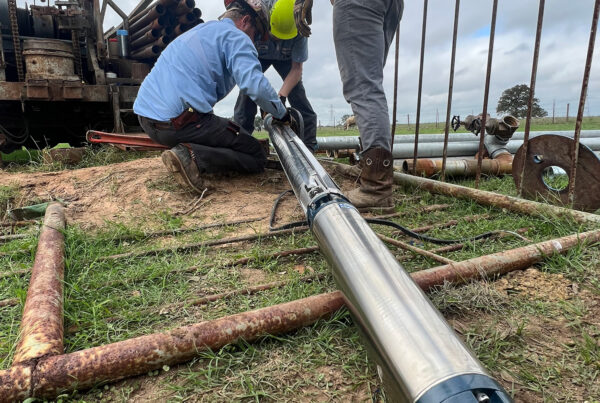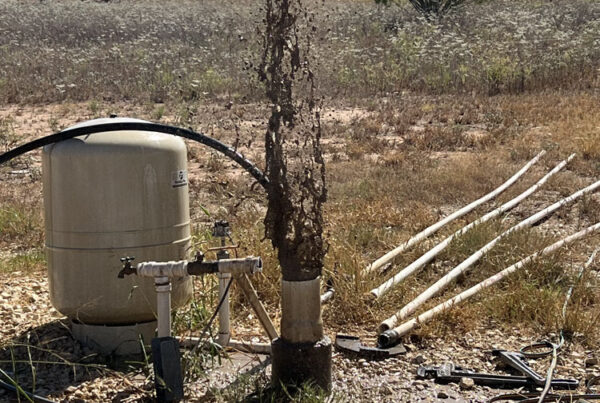When your well pump stops working, it can feel like your whole day—and maybe even your life—grinds to a halt. Whether you rely on your well for drinking water, cooking, or watering plants, finding affordable, trustworthy repair near you isn’t just a nice-to-have; it’s a must. That’s why knowing who to call and what to expect can save you time, money, and a lot of stress. Here’s a straightforward guide to help you find local experts who understand your needs and get your water flowing again quickly and safely.
Stevens Drilling offers fast, professional well pump repair services throughout the Texas Hill Country area, including San Antonio, Boerne, New Braunfels, and surrounding counties. You can contact us at (830) 947-0245 for prompt assistance from experienced technicians who ensure your water supply is restored with minimal downtime.
Finding Local Well Pump Repair Experts
In Texas, confirming that a well pump repair company is properly licensed by the Texas Commission on Environmental Quality (TCEQ) isn’t just a formality; it’s your assurance that the provider meets mandatory safety and environmental standards. Licensed companies understand local regulations, so their work won’t jeopardize your water quality or violate any laws. This step alone can save you headaches down the road, as unlicensed repairs often lead to tricky legal or health issues.
After licensing, practical considerations about location and availability come into play—elements that become critical when your water supply suddenly fails.
Ideally, you want a service provider located within a reasonable distance from your home or business. A local company can respond faster to emergencies when every hour without working water feels like a crisis. Stevens Drilling, for example, serves across various counties in South Texas including areas like San Antonio, Boerne, and New Braunfels. Their strong regional presence ensures they’re familiar with local groundwater conditions and common equipment issues specific to Hill Country wells.
When assessing potential repair experts, don’t just settle for the first quote you receive. Request estimates from several trusted providers to compare costs, but keep in mind that the cheapest option may not deliver the best long-term results. Instead, weigh factors like responsiveness, warranty offers, and customer reviews for reliability alongside price. A well-maintained pump installed or repaired correctly will save you money and frustration in the future.
Beyond these basics, thorough communication with your chosen expert can reveal insights that generic online research cannot.
Ask detailed questions about their process: How do they diagnose problems? Do they offer on-site inspections before fixing? What parts and brands do they recommend? Experienced companies like Stevens Drilling bring decades of hands-on knowledge and can provide personalized advice based on your well’s depth, usage patterns, and historical performance—all invaluable for tailoring repairs to fit your unique needs.
“But whoever drinks the water I give them will never thirst…” — John 4:14. It’s a reminder that dependable water flow is essential—not just convenience but life itself—and maintaining your system with trusted local experts preserves this vital resource.
The final piece of the puzzle is accessibility—not just geographical but in how easy it is to begin service.
Look for providers who maintain clear contact channels and user-friendly websites where you can quickly schedule service calls or request information. Stevens Drilling’s website includes simple forms that help customers specify their issue upfront, enabling faster response times and tailored solutions from the start.
Finding local well pump repair experts is not merely about convenience—it’s about securing a partnership with professionals dedicated to your water supply’s reliability and health over time. Prioritizing licensing, proximity, transparent pricing, experience, and communication ensures affordable and trustworthy service right when you need it most.
Understanding how to find reliable help leads naturally into recognizing what kinds of issues typically plague well pumps—the challenges you may face before calling in the experts.
Common Well Pump Problems
One of the most frequent complaints about well pumps is the frustrating experience of having no water or very low water pressure. This problem often stems from a failing pump that struggles to push water adequately through your system. But failure isn’t always due to old equipment alone; clogged pipes caused by sediment buildup are equally culpable, especially in areas like the Texas Hill Country where mineral deposits and sand can infiltrate water lines.
When this happens, the flow chokes, making it difficult for water to reach your faucets with enough force. The pressure tank also plays a crucial role—if it’s malfunctioning or incorrectly pressurized, it can disrupt normal flow rates. Regular inspection and cleaning become essential to prevent these complications before they escalate.
Beyond flow issues, electrical concerns often reveal themselves through unusual pump behavior—most notably when the pump refuses to stop running.
A pump that runs continuously without shutting off is not just an annoyance; it signals underlying problems that warrant immediate attention. Usually, this persistent operation points toward a fault in the pressure switch, which monitors and controls the pump based on water pressure levels. If the switch malfunctions, the pump doesn’t get the signal to stop, wasting energy and incurring higher utility costs.
Another typical cause might be leaks somewhere in your plumbing or well piping system—when water escapes unnoticed, the pump tries hard to maintain pressure but often without success, leading to constant cycling. This scenario dramatically increases wear and tear on your equipment and may result in costly repairs if ignored.
Addressing these problems early can save you from headaches—and unexpected expenses—down the road.
Aside from these two prevalent issues, other well pump challenges include noisy operation due to worn bearings or motor troubles and sudden loss of power caused by electrical failures or burnt-out motors. Some homeowners might also notice their pump starts slowly or struggles under heavy load during irrigation seasons, signaling fatigue or aging components needing replacement.
Understanding signs like these allows you to call trusted local experts—like our team at Stevens Drilling—to diagnose precisely what’s wrong and recommend efficient solutions tailored to your unique setup.
To keep your system running smoothly, we suggest scheduling routine maintenance checks that cover inspection of pressure switches, tanks, piping integrity, and pump motor health. Not only does this help spot minor issues before they grow serious, but it also extends the lifespan of your equipment significantly—which ultimately keeps clean, life-giving water flowing without interruption.
“But whoever drinks the water I give them will never thirst…” – John 4:14. Reliable water service starts with well-maintained pumps that you can trust day in and day out.
If you’re looking for prompt and professional well pump repair services in South Texas—including San Antonio, New Braunfels, Boerne, Seguin, and surrounding counties—give us a call at (830) 947-0245 or visit stevensdrilling.com. Our decades of expertise ensure your well pumps remain in top condition year-round.
Knowing when to tackle maintenance yourself versus calling in professionals can make a huge difference in both cost and effectiveness. Exploring this balance helps ensure your well pump receives the care it truly needs without unnecessary risks or expenses.
DIY vs Professional Repair
When your well pump starts acting up, it’s natural to wonder if you can fix the problem yourself or if you should reach out to a professional service like Stevens Drilling. DIY repairs often hold an appeal because they seem quicker and cheaper—you won’t have to wait for an appointment and can avoid some labor costs. However, water wells are complex systems with electrical components, pressure settings, and submerged parts that require careful handling. Mistakes made during a DIY fix can lead to more significant damage, increasing repair bills or even compromising your water supply.
Simple tasks such as replacing a pressure switch or tightening loose wiring may be within reach if you feel comfortable using basic tools and following safety guidelines. At Stevens Drilling, we often see cases where homeowners managed these smaller fixes successfully because they had prior familiarity or clear instructions. But stepping beyond these easy repairs—like opening the wellhead, troubleshooting submersible pumps deep inside the well, or handling casing issues—requires specialized skills and equipment that most people don’t have.
It’s important to assess your own experience honestly before starting DIY repairs. If you’re unfamiliar with electrical systems or well mechanics, attempting complicated repairs could risk personal injury or further damage. On the other hand, relying on professional technicians ensures compliance with safety standards and Texas Commission on Environmental Quality (TCEQ) regulations, which govern many aspects of well maintenance and repair in our service area spanning San Antonio through surrounding Hill Country communities.
Professionals from companies like Stevens Drilling bring decades of experience navigating not only the technical challenges but also the regulatory requirements essential for legal and safe repairs. They use advanced diagnostic tools to pinpoint problems accurately—saving time and avoiding unnecessary parts replacement. Plus, their work comes with warranties or satisfaction guarantees, providing peace of mind you rarely get from DIY fixes.
To help you decide whether to tackle a repair yourself or hire a pro, consider these factors:
- Complexity of the problem: Is it electrical? Mechanical? Underwater?
- Your comfort level with tools and technical steps
- Availability of clear instruction manuals or guides
- Access to specialized diagnostic equipment
- The potential consequences of failure (water contamination, property damage)
- Local codes and regulations regarding well repair work
While there is a place for DIY in minor pump maintenance, the benefits of entrusting your well system to seasoned professionals far outweigh the risks—especially when reliable water supply affects everything from daily life to farm irrigation. At Stevens Drilling, we aim not only to fix issues promptly but also provide expert advice so every customer understands what’s going on beneath their feet.
Recognizing when professional expertise is necessary leads naturally into understanding the costs involved in these repairs—knowledge that helps you plan wisely and avoid surprises down the road.
Well Pump Repair Costs
The price of repairing a well pump is not a fixed number—it’s more like a range influenced by several factors that can swing costs noticeably in one direction or another. Picture your well pump as a vital piece of machinery that, depending on its age, condition, and the issue at hand, might require anything from a simple tweak to a substantial overhaul.
For minor repairs, such as swapping out a pressure switch or fixing a small leak, you’re generally looking at estimates between $150 and $300. These are typically straightforward fixes that local technicians can handle quickly.
However, when the problem runs deeper—say, the pump motor itself has failed or there’s damage inside the well casing—the costs rise significantly. Replacing an entire pump setup can range anywhere from $800 up to $1,200 or more. This larger expense reflects both the cost of parts and the labor involved in extracting and reinstalling components buried deep underground.
What Drives These Costs?
One of the biggest factors influencing your final bill is labor. Skilled professionals with experience in Texas Hill Country water wells—like those at Stevens Drilling—bring not only expertise but efficient service that can cut down on costly delays. Labor rates can vary based on location too; areas farther from service centers may see higher prices due to travel time and equipment transportation.
More complexity means more time spent diagnosing and fixing the issue. Even something seemingly simple can escalate if unexpected complications arise during the repair process.
Replacement parts themselves play a major role in cost calculation. Original manufacturer components tend to last longer but carry higher price tags than generic alternatives. It’s worth considering for longevity while balancing budget constraints.
For example, pumps designed for specific ground conditions or depths typically come with specialized parts that naturally cost more due to their technical specifications.
Timing matters as well. Need emergency service late at night or during holidays? You’ll likely encounter premium charges for after-hours work. Emergency calls stretch beyond routine scheduling and prompt technicians to prioritize immediate response over regular appointments.
This premium accounts for inconvenience but also guarantees fast restoration of your water supply—critical if your household or business depends heavily on that resource daily.
Getting Transparent Estimates
Because of these varying factors, it’s always wise to seek detailed quotes from different local repair services before committing. Requesting itemized estimates helps clarify what part of the charge goes toward labor versus materials or emergency fees. It also fosters trust between you and the technician by avoiding surprises when the final invoice arrives.
At Stevens Drilling, for instance, we pride ourselves on clear communication and thorough assessments before any repair begins, ensuring customers understand what they are paying for.
Tips To Manage Your Repair Costs
- Schedule regular preventative maintenance to catch issues early before costly repairs become necessary.
- Keep records of previous repairs and inspections to provide technicians with useful background information.
- Choose reputable local service providers familiar with unique Texas Hill Country well conditions.
- Ask about warranty coverage on both parts and labor.
- Consider investing upfront in quality equipment to reduce future breakdowns.
Understanding these cost factors in advance and working alongside trusted professionals like those at Stevens Drilling empowers you with confidence and control over expenses while ensuring reliable water access for years to come.
Knowing how to keep repair costs in check is just part of protecting your investment. Equally important are proactive steps that help extend your well pump’s lifespan by preventing issues before they arise.
Maintenance Tips for Longevity
Proper maintenance is key to extending the life of your well pump; neglecting routine care often leads to unexpected breakdowns and costly repairs. One of the first steps in this process is scheduling regular inspections. These annual check-ups by a professional are more than just a formality—they allow experts to catch subtle signs of wear or damage before they escalate. For example, a small leak or an unusual noise from the pump might signal a problem that, if addressed early, could save you hundreds or thousands down the line.
Beyond inspections, keeping the well area clean plays a crucial role in preserving both water quality and equipment health. Over time, debris like leaves, dirt, or even overgrown vegetation can accumulate around your wellhead. This not only risks physical damage but also presents opportunities for contaminants to enter the water supply or clog essential components. Clearing this space regularly ensures that the environment around your well remains safe and accessible for service professionals.
Monitoring water quality is another vital piece of ongoing maintenance. Water isn’t static—it changes with seasons, nearby agricultural activity, or shifts in groundwater composition. Regular testing gives you early warnings of contamination, whether from bacteria, minerals, or chemicals. Catching these issues early means you can take preventive action before they compromise your pump’s performance or harm your household’s health.
Establishing a simple maintenance routine—annual inspections, quarterly cleanup of the well surroundings, and biannual water tests—creates a rhythm that benefits both your equipment and peace of mind. Paying attention to these details reflects best practices honed over decades by professionals like those at Stevens Drilling, who understand firsthand how preventive steps preserve Texas Hill Country wells against wear and environmental challenges.
“We’ve found customers who stick to maintenance schedules end up with fewer emergencies and longer-lasting pumps,” shares Jimmy Stevens, owner of Stevens Drilling.
In addition, if you notice any sudden changes—like reduced water flow, strange noises from your system, or cloudy water—don’t delay reaching out for service. Prompt action can often remedy problems before they force expensive replacements. After all, treating your well pump with consistent care today will pay dividends in reliability tomorrow.
- Schedule annual professional inspections
- Keep surrounding area free from debris and vegetation
- Test water quality every six months
- Watch for sudden system changes and act quickly
These maintenance habits may seem simple but form the backbone of a reliable water supply—especially critical in regions like South Texas where dependable access to clean water is more necessity than luxury. Trusting experts like Stevens Drilling ensures your well pump gets the attention it needs exactly when it needs it.
With maintenance protocols firmly in place, the next consideration is understanding how different types of properties require tailored service approaches. This prepares you to match your specific needs with expert solutions designed for diverse residential and commercial environments.
Choosing Residential or Commercial Services
Residential well pump repair usually revolves around maintaining smaller systems designed to support a household’s daily water use. These pumps require careful attention to water quality, consistent upkeep, and swift troubleshooting to avoid disrupting what many take for granted—clean, running water. For instance, a family relying on a single well depends on seamless operation for drinking, cooking, bathing, and irrigation of their yard.
Because the demands are relatively modest compared to large-scale operations, residential services prioritize personalized maintenance plans that fit the homeowner’s routine.
In contrast, commercial well pump services address far more expansive water systems, often supporting agricultural fields, industrial plants, or municipal facilities where volumes of water usage soar dramatically.
Handling commercial pumps calls for specialized equipment capable of managing high capacities and stress factors that don’t apply in a typical home setting. These systems may involve multiple wells working in tandem or complex irrigation setups tailored for livestock or crops.
Plus, commercial repairs often intersect with regulatory oversight, requiring strict adherence to Texas Commission on Environmental Quality (TCEQ) standards and safety protocols. A skilled commercial service provider will not only bring technical know-how but also the logistical finesse to minimize downtime and keep operations fluid.
The crucial step is clear communication with your service provider—you want them to grasp exactly what your system entails: its size, purpose, and immediate concerns. Whether it’s a quaint family home in Comal County needing prompt attention or an extensive farm near Seguin requiring robust commercial-grade repairs, detailing your requirements upfront ensures you get a team equipped with the right tools, experience, and licensing.
That way, you avoid delays or mismatches that can raise costs or extend outages unnecessarily.
Ultimately, understanding which type of service fits your situation benefits from assessing your water consumption patterns and future needs. Sometimes residential systems evolve—adding irrigation or expanding usage—and it’s wise to consult professionals like those at Stevens Drilling who’ve served South Texas since 1968.
Their expertise spans both ends of the spectrum with a deep appreciation for the local geology and regulations that influence well pump performance.
Choosing wisely not only safeguards your investment but ensures peace of mind knowing your water works smoothly every day—because after all, reliable water supply is life’s foundation here in the Hill Country.
Whether you need a quick fix at home or a comprehensive solution for your agricultural operation, trusting experienced local experts guarantees dependable service tailored to your unique needs. Your well pump’s health is integral to daily life—make sure it’s in capable hands.


